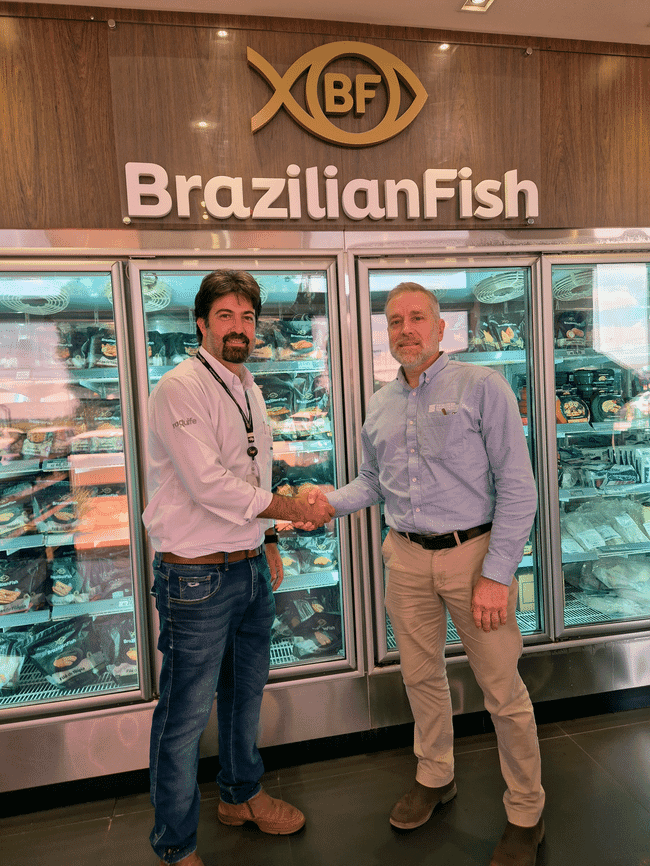
© Centre for Aquaculture Technologies
In partnership with the U.S.-based Centre for Aquaculture Technologies (CAT), Brazilian Fish aims to enhance disease resistance, feed efficiency, and growth rates in commercially farmed Nile tilapia .
“Improving feed efficiency is crucial because it directly impacts the sustainability and profitability of aquaculture operations. It refers to how effectively fish can convert feed into body mass, meaning less feed is required to achieve the desired growth. Improved feed efficiency benefits the environment by reducing the overall amount of feed needed, which lowers the demand for raw materials and reduces waste - genome editing delivers this opportunity," explained Dr John Buchanan, CEO of CAT, in a press release.
Unlike traditional selective breeding, which can take generations to achieve genetic gains, genome editing allows the progress of a 20 year breeding programme to be made in a single year. This breakthrough may significantly boost tilapia production performance, improve fillet yield, and strengthen the resilience of farmed fish against diseases.
The collaboration with CAT, a global leader in aquaculture genetics, positions Brazilian Fish at the forefront of innovation in tilapia farming. By integrating advanced breeding technologies, the company aims to enhance efficiency and competitiveness in Brazil’s aquaculture sector, setting a new benchmark for tilapia production.
“As a pioneering Brazilian aquaculture company, Brazilian Fish, together with CAT, will deliver a disruptive solution that will drive technological transformation in industrial tilapia farming in Brazil. In addition to providing consumers with increased access to safe and nutritious food, this initiative will promote greater sustainability and competitiveness in the sector, positioning tilapia as an even more accessible and competitive alternative to other animal proteins in the global market,” concluded Ramon Amaral, CEO of Brazilian Fish.




